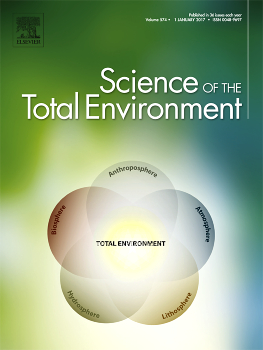Murine precision-cut lung slices exhibit acute responses following exposure to gasoline direct injection engine emissions

Gasoline direct injection (GDI) engines are increasingly prevalent in the global vehicle fleet. Particulate matter emissions from GDI engines are elevated compared to conventional gasoline engines. The pulmonary effects of these higher particulate emissions are unclear. This study investigated the pulmonary responses induced by GDI engine exhaust using an ex vivo model. The physiochemical properties of GDI engine exhaust were assessed. Precision cut lung slices were prepared using Balb/c mice to evaluate the pulmonary response induced by one-hour exposure to engine-out exhaust from a laboratory GDI engine operated at conditions equivalent to vehicle highway cruise conditions. Lung slices were exposed at an air-liquid interface using an electrostatic aerosol in vitro exposure system. Particulate and gaseous exhaust was fractionated to contrast mRNA production related to polycyclic aromatic hydrocarbon (PAH) metabolism and oxidative stress. Exposure to GDI engine exhaust upregulated genes involved in PAH metabolism, including Cyp1a1 (2.71, SE = 0.22), and Cyp1b1 (3.24, SE = 0.12) compared to HEPA filtered air (p < 0.05). GDI engine exhaust further increased Cyp1b1 expression compared to filtered GDI engine exhaust (i.e., gas fraction only), suggesting this response was associated with the particulate fraction. Exhaust particulate was dominated by high molecular weight PAHs. Hmox1, an oxidative stress marker, exhibited increased expression after exposure to GDI (1.63, SE = 0.03) and filtered GDI (1.55, SE = 0.04) engine exhaust compared to HEPA filtered air (p < 0.05), likely attributable to a combination of the gas and particulate fractions. Exposure to GDI engine exhaust contributes to upregulation of genes related to the metabolism of PAHs and oxidative stress.

